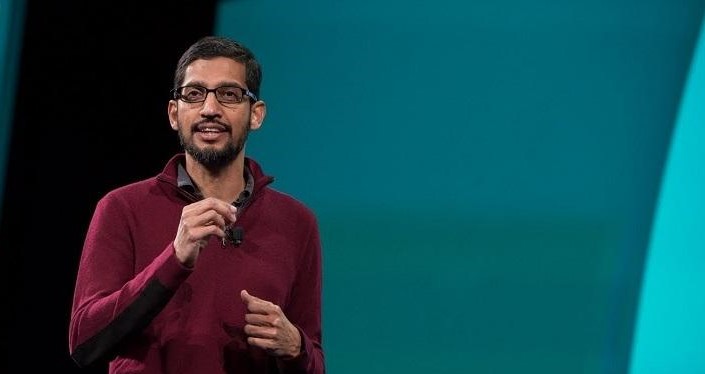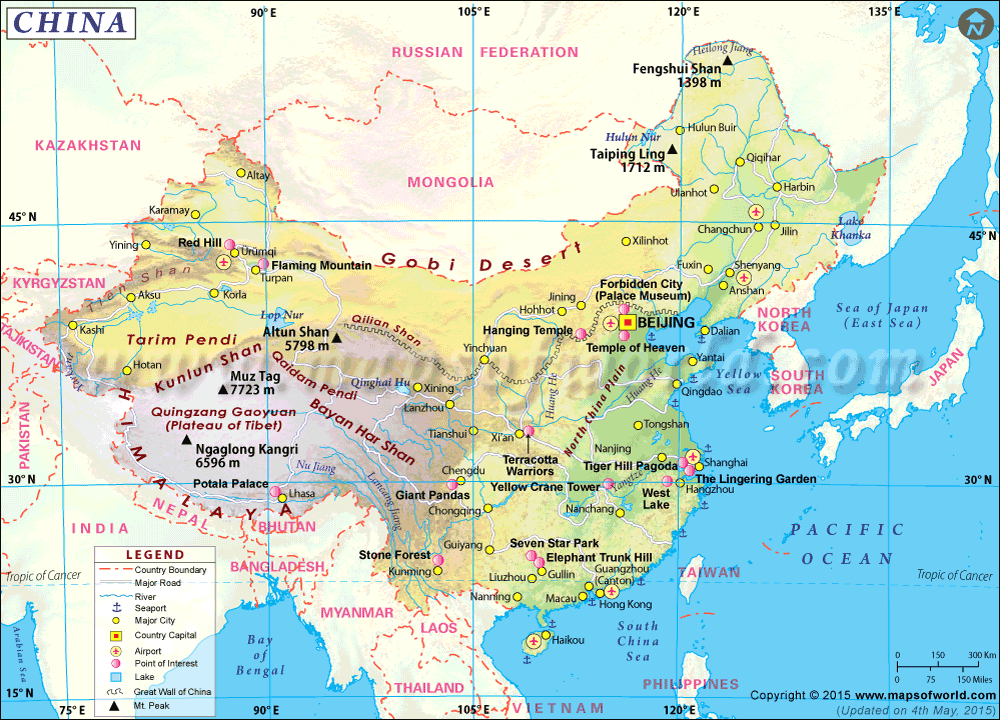Google CEO confirms DragonFly Project
October 18, 2018 | Expert Insights

Google CEO Sundar Pichai said a censored version of its search engine being developed for China has undergone several successful internal tests. The chief executive’s comments mark the first time Google has officially confirmed the existence of the heavily criticized search engine, dubbed Project Dragonfly.
Background
In 2006, Google launched Goodle.cn in China offering a version of its services that conformed to the government’s policies on censorship. At the time, company officials decided that the benefits of increased access to information for people in China – the internet’s largest population – “outweighed our discomfort in agreeing to censor some results.” It later moved its servers to Hong Kong – which has fewer restrictions on the internet.
In 2010, the company decided to withdraw from China after it discovered a cyber attack in December from within China that it believed affected it and at least 20 other firms. While investigating the attack, Google found that the Gmail accounts of a number of Chinese human rights activists had been hacked.
Paired with China’s blocking of sites and social media networking services hosted overseas – such as Facebook, Twitter and YouTube among local sites – the cyber attack prompted Google to publicly pull out of China. "These attacks and the surveillance they have uncovered, combined with the attempts over the past year to further limit free speech on the web, have led us to conclude that we should review the feasibility of our business operations in China,” Google said at the time.
In August 2018, reports emerged that Google is working on a censored version of its search for China – one that would blacklist websites and search terms about human rights, protest, democracy and religion. The secret project – dubbed Dragonfly – has reportedly been in development since spring 2017 and will automatically identify websites blocked by China’s Great Firewall including information on free speech, political opposition, human rights groups and references to the 1989 pro-democracy protests in Tiananmen Square. These banned websites will not appear in the reported Chinese search engine’s results as well as images, spell check and suggested search features.
Reports of the company’s work on a censored search engine for China triggered protests from Google employees calling for more transparency and questioning the ethics of Dragonfly. However, Google did not confirm the existence of the project.
In September 2018, Google’s chief privacy officer Keith Enright admitted to the Senate that the project codenamed Dragonfly, but did not discuss what it is.

Analysis
Google’s chief executive Sundar Pichai said internal tests on a separate, censored version of its search engine for the Chinese market have been promising. Speaking at the Wired25 Summit, Pichai officially confirmed for the first time Google’s work on the secret new search engine. "We are compelled by our mission [to] provide information to everyone, and [China is] 20% of the world's population," Pichai said. “People don't understand fully, but you're always balancing a set of values.”
He added that the company will try to provide information in any market it enters, noting that “we all follow the rule of law in every country.” Pichai defended the company’s plans to possibly enter the Chinese market saying it would provide more information than is currently available.
"There are many, many areas where we would provide information better than what's available. Today, people either get fake cancer treatments or they actually get useful information," he said. However, he did not confirm whether the search engine would be deployed in China.
"We wanted to learn what it would look like if we were in China, so that's what we built internally," he said. "Given how important the market is and how many users there are, we feel obliged to think hard about this problem and take a longer-term view."
Human rights organizations have voiced serious concerns over reports of the censored Chinese search engine. Amnesty International said: “It will be a dark day for internet freedom if Google has acquiesced to China’s extreme censorship rules to gain market access.”
The internet is heavily monitored and censored by the Chinese government to remove any material it considers dangerous to its rule such as references to democracy or criticism of China’s leader Xi Jinping.
Assessment
Our assessment is that confirmation of the Dragonfly project signals Google is considering bringing back its search engine to China. Although details about the project are still under wraps, we believe this potential expansion will allow Google to access to a larger number of Internet users, deliver more information and help boost Google’s bottom line. However, its decision does come at the price of continued government control overflow of information – a move that critics may argue lends legitimacy to government censorship.
Read more:








Comments